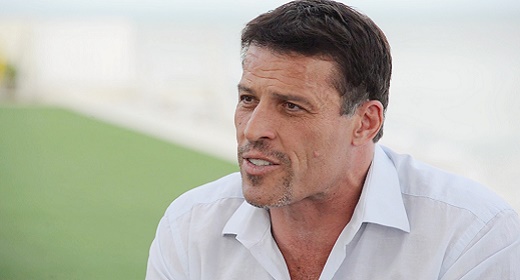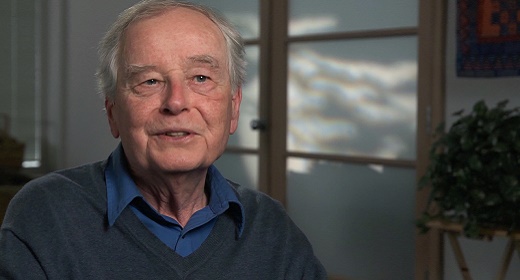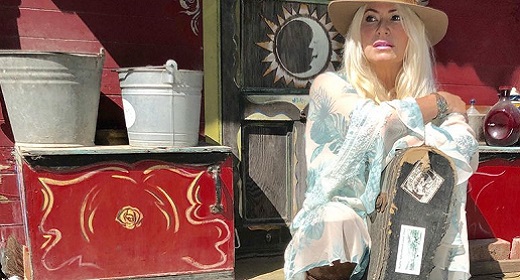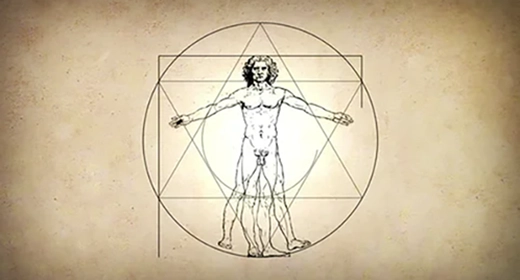by Kate Rabinowitz: Today I received a gift of service. My guinea pig Butterscotch just had a major surgery (I am not kidding) and I didn’t know how to care for him when leaving on a trip…
Just today, my neighbor who cleans the house was here. She is also an EMT and helped when my son got into an accident. However, I never ask anything extra from her, as she works for three hours, does the same thing every week and then gets onto her other jobs. I never dare disturb her routine. Today she saw me tending the animal and asked if I needed her to come in to give him medicine and food during the vacation. I was very touched, and accepted the offer. That gesture healed ten years of distance that I have had with this woman, and suddenly we were two people caring for an animal. There was no thought of reward. It was the simplest act, but changed an entire relationship. I went through my day believing more in humanity and what we can do for each other in a single turn.
I grew up with two philosophies about service: First, from my mother’s Quaker side: It was about living simply, never taking more than you need so that someone else won’t be without. The purpose of life is to find a need and fulfill it, to do work that makes a difference and makes the world a better place. My parents live as an example of this. My father a university professor, author and philanthropist, my mother a social worker, teacher and consultant to schools. In addition to their family, they have a huge network of friends and colleagues, people in their life who they have helped, guide, and inspire.
The second philosophy, which comes from growing up in a capitalist consumer society, measures success by possessing things. “Service” is to do something the best you can so you can get something in return. We succeed in school, job, serving an employer or an institution, fit into standards that are acceptable. We are often owned by these institutions, though we may have secure jobs and careers and get money in return, there is a price. This supports the idea of individual self, separate from the collective. We make decisions that are for our own good, and not how it affects others. This has led to global crisis in the economy, environment, politics and culture.
Finding yoga as a teenager helped unite these two messages. For me, yoga was a place to discover myself, to be accepted completely as I am with no conditions attached. The teachers I had were serving, and gave to me in a way that helped me to make my life one of service. I also loved serving them, with the focus of my work and honoring all they were teaching me. At times I thought yoga might be a selfish thing, bringing me to a state of harmony and balance and joy that was “my” state, and separate from others. But most of the time it felt selfless, giving me clarity and strength to be more open to give fully to any situation I found myself in. It was changing the world by changing myself.
Being a teacher now is a direct way to serve, give back to others what has been given to me. Teaching yoga and art to children in school gives them different tools than all the mental learning they do sitting at desks and listening to words. Teaching adults in a studio provides a sacred space away from everyday life where people can deepen into themselves and find their center again.
Being a parent is service. As my parents are for me, I am a role model for my children. The integrity with which I live affects them. What values and ideas I have they may choose or challenge. How can I support them in every way possible? When I am full, balanced and healthy, I impart that to them and can give them more. I realize that as fast as they are growing (age 10 and 12) I must also grow, whether I want to or not. I am serving their evolution.
The sanskrit word for service is seva. Seva means selfless service. “Sev” to serve, wait, attend, honor, worship. It is to perform an act with no intent for personal gain or even acknowledgement. It is a devotional practice. In the Bhakti (devotional) tradition of yoga, the Guru (teacher) will instruct a disciple to perform seva to get closer to God. This may be sweeping the temple, preparing for a puja (ceremony) or feeding people.
In this tradition, feeding people is the greatest service you can do. Neem Karoli Baba (Ram Dass’ Guru) said “you should serve everything, every creature. It is all God’s creation. Serve everyone, whether he be a thief or anything else. If he comes to you hungry, give him food. Everyone has a right to be fed. Making food is a service to god. People need food to stay alive.”
I learned about another form of seva from Shyam Das. He also met Neem Karoli Baba 35 years ago, and stayed in India living as a musician, a sanskrit scholar and devotee of Krishna. In the practice of devotion to Krishna, one does “seva” every day. Shyam Das’ seva is a practice where you chant, meditate and cook for Krishna. I am admiring of this practice, as it exemplifies selflessness. Practice is not for one’s self and perfection of state, but an offering, a transformation. He says “seva has no sense of getting anything out of it, it is the true dharma of the heart. It is different than charity or good deed doing. Seva increases pure devotion”
The spiritual practice of seva is karma yoga, the yoga of action that brings together service with devotion to God. As expressed in the Bhagavad Gita, the great conversation between Krishna and Arjuna on the battlefield [of life], the key is to surrender to God the fruits of your service, to give up any expectation of rewards or attachment to the results and allow your human will to become part of the Divine Will. Then it’s not up to you how it comes out, so no worries, no anxiety. Work done with utmost love and integrity with no thought of the result is yoga, it’s a path toward the One, toward liberation.
From the Bhagavad Gita:
“The science of transcendental knowledge has been imparted to you, O Arjuna.
Now listen to the science of God-dedicated, selfless action (Seva), endowed with which you will free yourself from all Karmic bondage, or sin. (2.39)No effort ever goes to waste in selfless service, and there is no adverse effect.
Even a little practice of this discipline protects one from the cycle of repeated birth and death”
A quote from George Bernard Shaw (Upaya Zen Center newsletter):
“this is the true joy in life: being used for a purpose, recognized by yourself as a mighty one: being thoroughly worn out before you are thrown out on the scrap heap. Being a force of nature instead of a feverish selfish little clod of ailments and grievances complaining that the world will not devote itself to making you happy”
There is always an opportunity to serve, and there is always time. In community, feeding each other, caring when sick, attending to emergencies, lending a hand, joining an organization, helping people in need. In one’s work and personal practice service can be in any form. It can be teaching yoga, or being an artist, a cook, a teacher, doctor, lawyer, politician, car mechanic, or janitor. As Krishna says in the Gita, do what you do, but offer the fruits to God and you will be free.
If I can stop one heart from breaking
I shall not live in vain.
If I can ease one life the aching,
Or cool the pain
Or help one fainting robin
Unto his next again,
I shall not live in vain










































